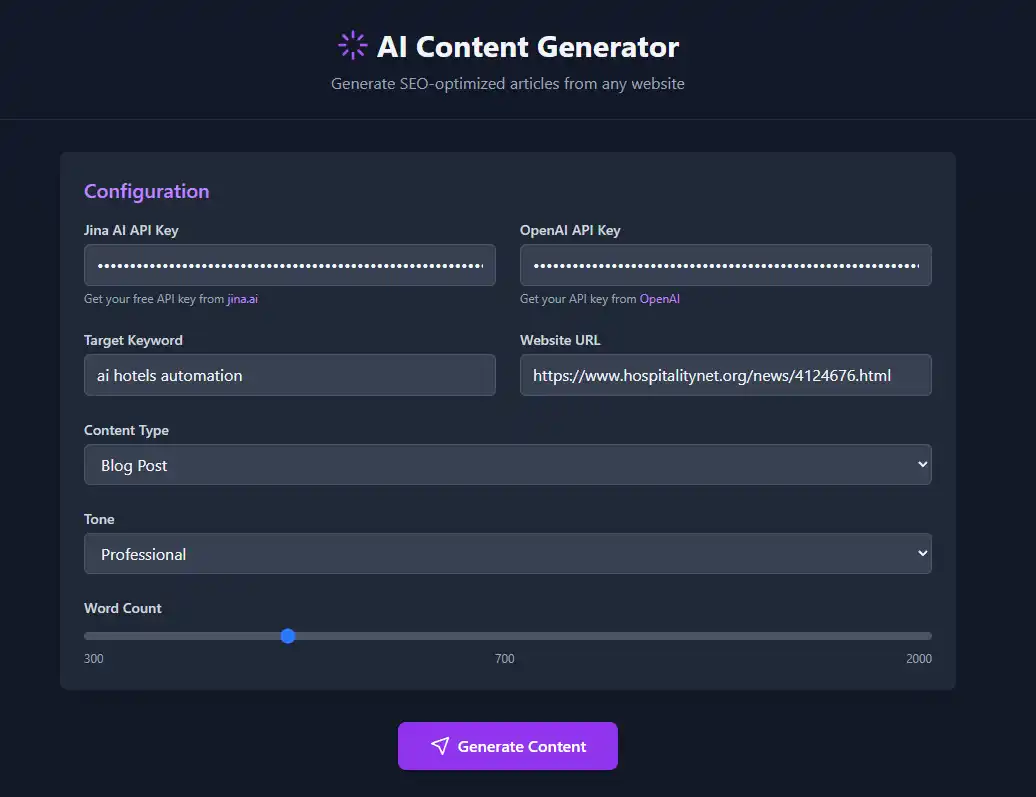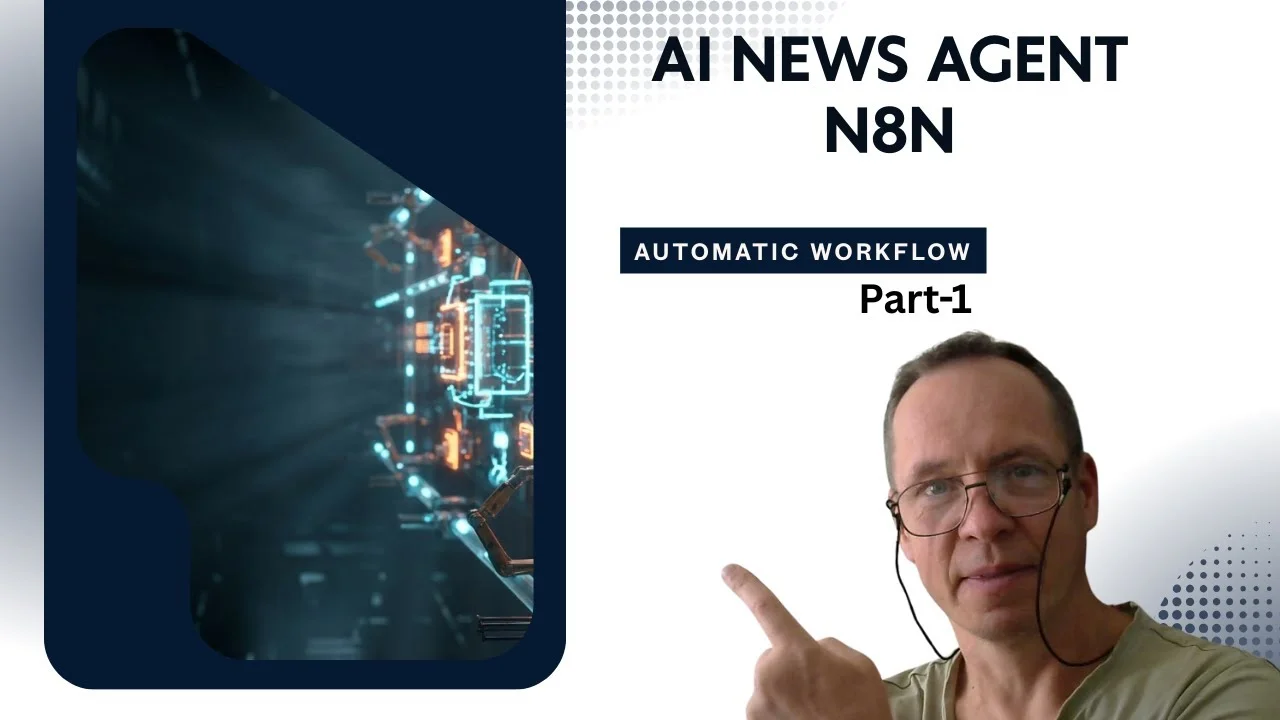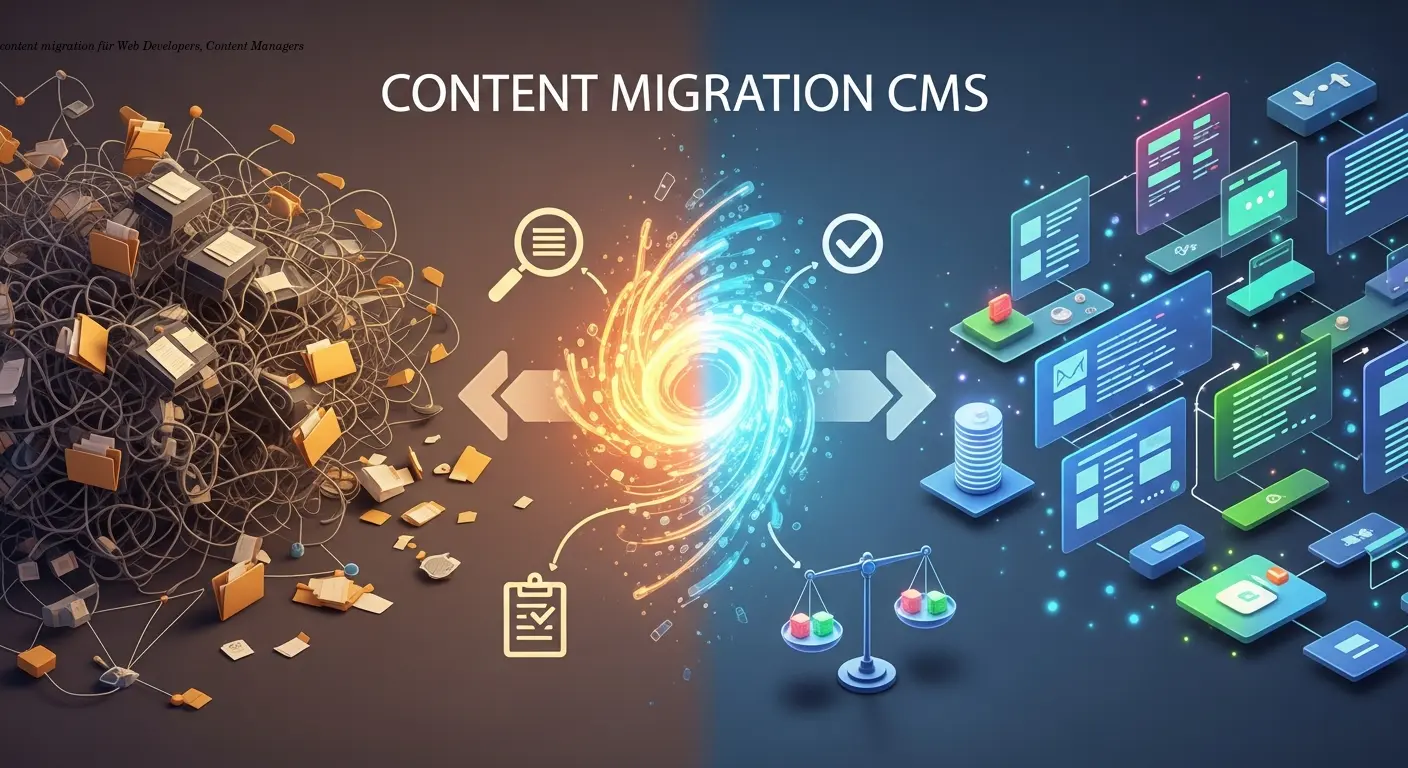How Accurate and Reliable Are AI-Generated Content Outputs in 2025?
Estimated reading time: 9 minutes
Key Takeaways
- AI content generators like ChatGPT and Claude have made big improvements in quality and output since last year.
- Despite progress, AI-generated content is still detectible by advanced AI detection tools with high accuracy.
- Free AI content generators now match premium tools in some specific tasks, but paid versions still offer better overall consistency.
- Detection tools vary a lot in accuracy, from 40% to 100%, impacting trust in AI outputs.
- For business professionals and content creators, understanding both AI generation and detection tech is key to using these tools effectively.
Table of Contents
1. The Current State of AI Content Generators in 2025
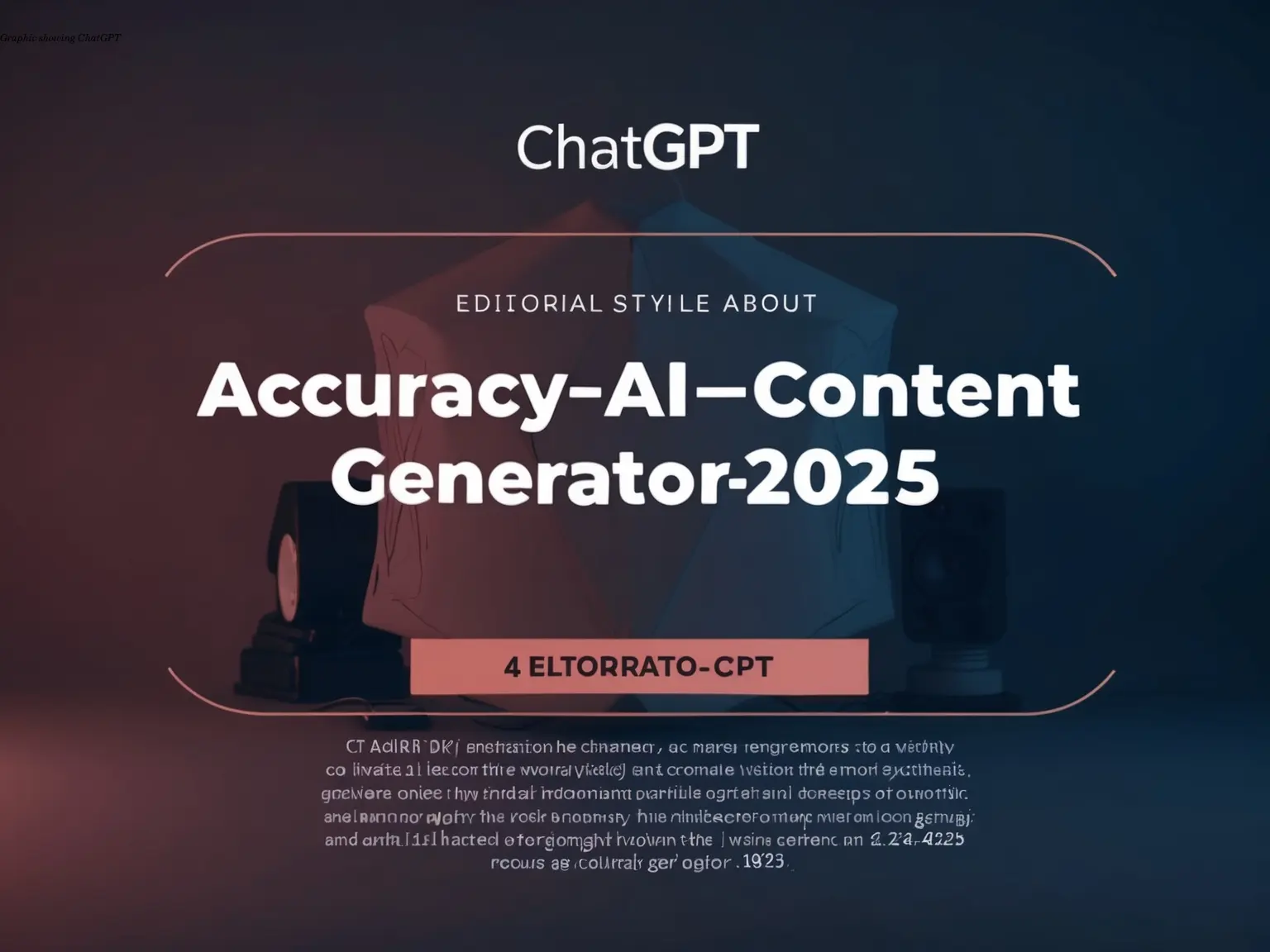
AI content generators have come a long way in 2025, with ChatGPT leading the pack. It holds about a 39% market share in the US and 37% in the UK, making it the most popular generative AI tool out there. Yet, even though these tools pump out impressive content, their reliability ain't bulletproof.
From what I've seen working in AI customer support, you get these tools that can write clear answers or create marketing blurbs real fast, but sometimes the content slips inaccuracies or weird phrasing that a human wouldn't make. That's because AI still kinda depends on patterns rather than deep understanding.
Interestingly, as AI content generation gets better, detection tools evolve even faster. It's like a cat-and-mouse game: as soon as you try to use AI-generated content, the newer detection software spots it right away. This makes it tricky for folks trying to slip AI text through situations requiring originality or strict compliance.
So while AI content generators deliver quick results, their outputs still carry "fingerprints" that advanced detection tech can catch. This matters especially for content creators who want authentic tone or for businesses worried about transparency.
2. Accuracy and Performance Metrics of AI Content Generators
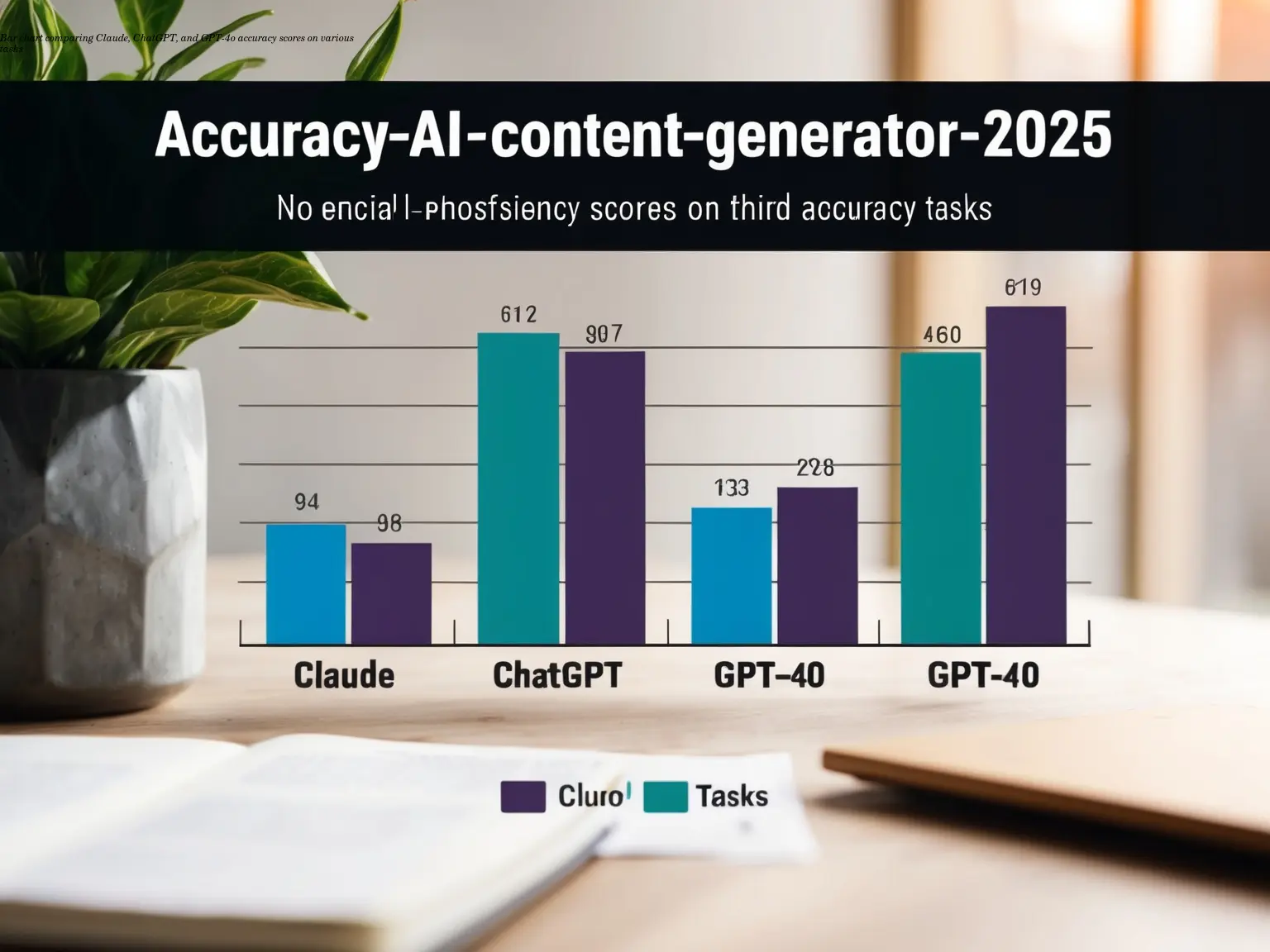
If you're curious about numbers, recent testing paints a mixed pic. Claude outperformed ChatGPT on coding tasks, scoring 89% versus ChatGPT's 76%. That's a surprise for many who assumed ChatGPT would dominate everything. GPT-4o, one of the newer models, showed about 85% detection rate, meaning its output looks pretty human but can still be flagged as AI-generated.
Testing across 50+ platforms involved various use-cases—like complex coding challenges, marketing text creation, and first drafts without human edits. The takeaway? No single AI content generator nails everything perfectly. Some excel in specific tasks (like coding), while others handle general content better.
I remember a client who used a free AI tool to create product descriptions for their tech gadgets. It worked fine initially, but when it came to complex, technical details, some errors slipped in. That's normal, 'cause even high-performing AI sometimes misunderstands context or nuances.
Overall, accuracy depends on the AI model and the task. The better the model trains on the domain, the higher the accuracy. But users should still proofread and fact-check outputs because these tools don't always get it right first go.
3. Free vs. Premium AI Content Generators – What's the Difference?
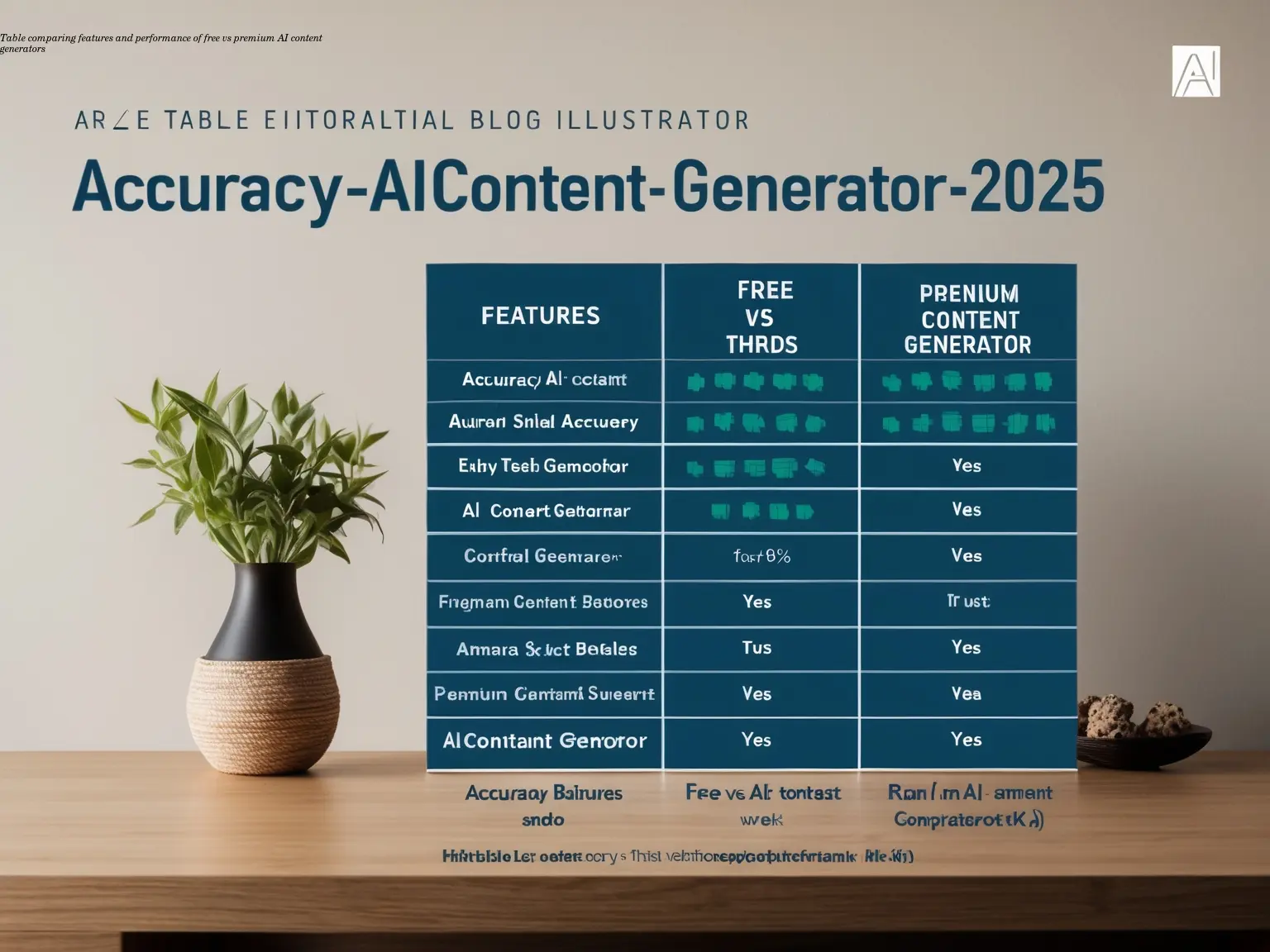
A big question many ask is whether you need to pay for an AI content generator or if free ones cut it. Well, 2025 brought some surprises. For example,
DeepSeek R1, a free AI content generator, matched pricier options in coding tasks. That's great news if you're bootstrapping or just testing AI's capabilities.
Yet, premium services usually offer more features, support, and better versatility across varied content types. For instance, a premium AI tool might handle marketing copy, customer service replies, SEO content, and detailed technical docs with more finesse.
From my experience, free AI content generators are fine for straightforward tasks or small projects. But when I helped a mid-size client upscale their AI helpdesk, the free tools couldn't keep up with complex interactions or maintain consistent brand voice. That's where premium platforms shine.
So, if your needs are simple or experimental, testing a free AI content generator first is worth it. But for heavier, diverse content loads, paid tools often prove more reliable long-term, especially in professional settings.
4. The Growing Challenge of AI Detection and Reliability
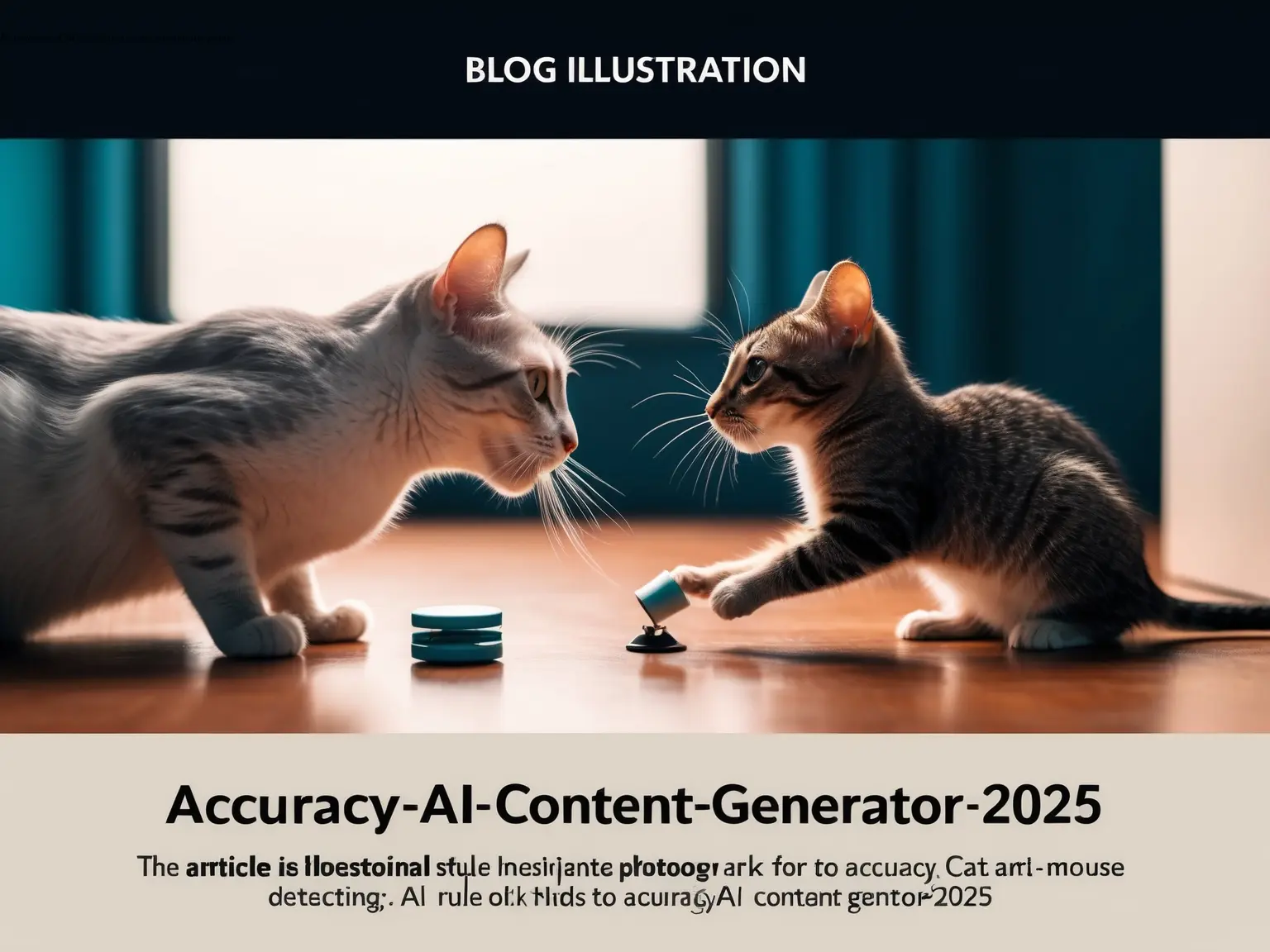
Here's a key snag: detection tools keep getting better at spotting AI content. Multiple studies found that AI-generated text is often "neither accurate nor reliable" because detection tools still throw false positives and negatives. But by 2025, detectors' accuracy shot up close to perfect.
One report said that none of the AI content generators—even GPT-4o or Claude—can consistently avoid detection across multiple detection software. So if a machine writes it, another machine will likely catch it—something that probably won't change anytime soon.
This raises questions for businesses relying on AI in customer support or marketing. You might crank out bulk content quickly, but at what point does detection risk damage your brand's credibility? If the AI output looks off or flagged, customers might distrust your messaging.
From what I've observed, companies bettin' solely on AI content without human oversight often end up with messier communications or compliance risks. Mixing human editing with AI generation remains best practice. It's about knowing limitations, not just cool AI tricks.
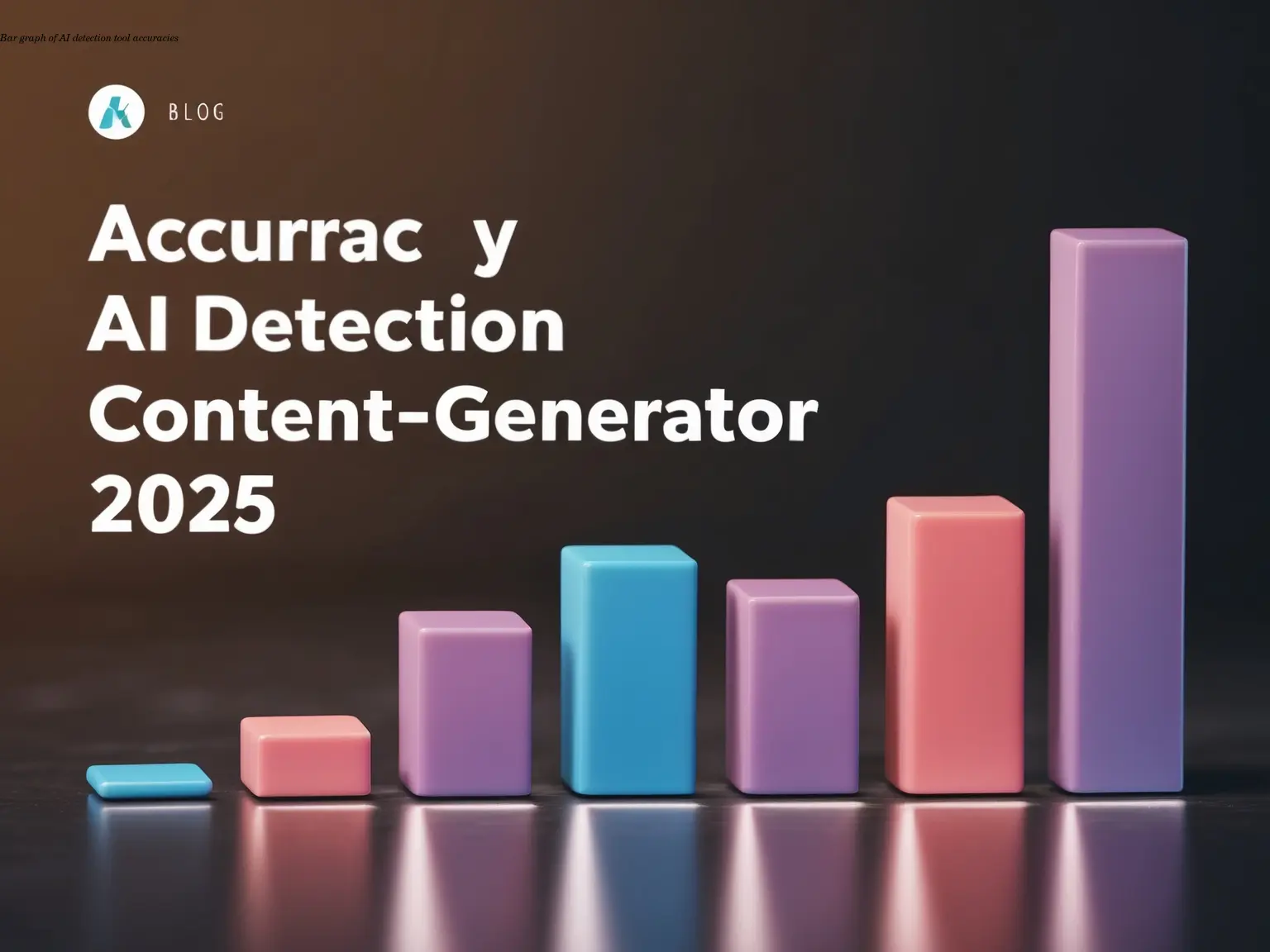
Not all AI detection tools perform equally. For example:
- BrandWell AI Content Detection had around 40% accuracy —not great.
- Copyleaks got about 80% accuracy but claims over 99%, which seems inflated.
- GPT-2 Output Detector scored roughly 60%.
- Originality.AI achieved 100% detection on GPT-4o content.
These differences matter because creators and businesses rely on detection tools to monitor content authenticity or plagiarism. If detectors miss AI text, that can be risky. Conversely, false positives can unfairly flag human-written content.
In practice, I noticed some companies using free detection tools assumed their AI content flew under the radar, only to be caught later by more rigorous software during audits. So choosing the right detection tool matters as much as the AI content generator itself.
This ecosystem pushes everyone to be honest and transparent about AI use, especially in customer interactions and sensitive content fields.
6. Practical Tips for Using AI Content Generators in 2025
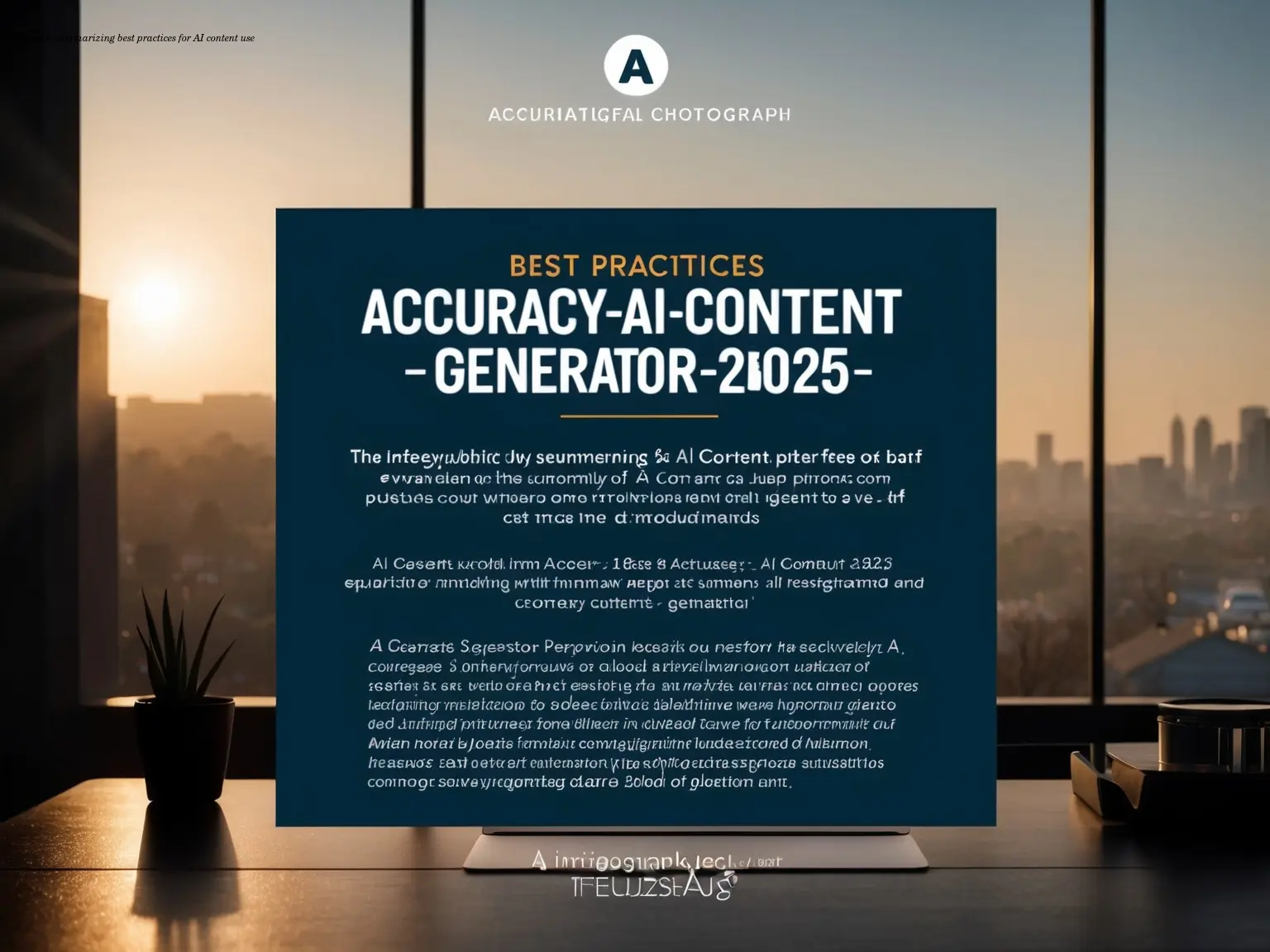
If you're thinking about using AI content generators for your business or writing projects, here's my two cents:
- Always test your chosen AI content generator with your specific tasks. Don't trust general claims; put it through your paces.
- Combine AI output with human editing. You get speed plus quality control.
- Use AI detection tools on generated content if your platform or clients require transparency.
- Experiment with free AI content generators like DeepSeek R1 to save costs on simpler tasks.
- Invest in premium tools if you need flexibility, reliability, and better support for diverse content types.
- Keep an eye on evolving detection tech to avoid surprises down the road.
On our AI customer support team, we rely on AI to draft replies fast. But humans always review those answers. It's a workaround that keeps response times low without sacrificing accuracy or trust.
7. Industry Outlook: What to Expect Next?
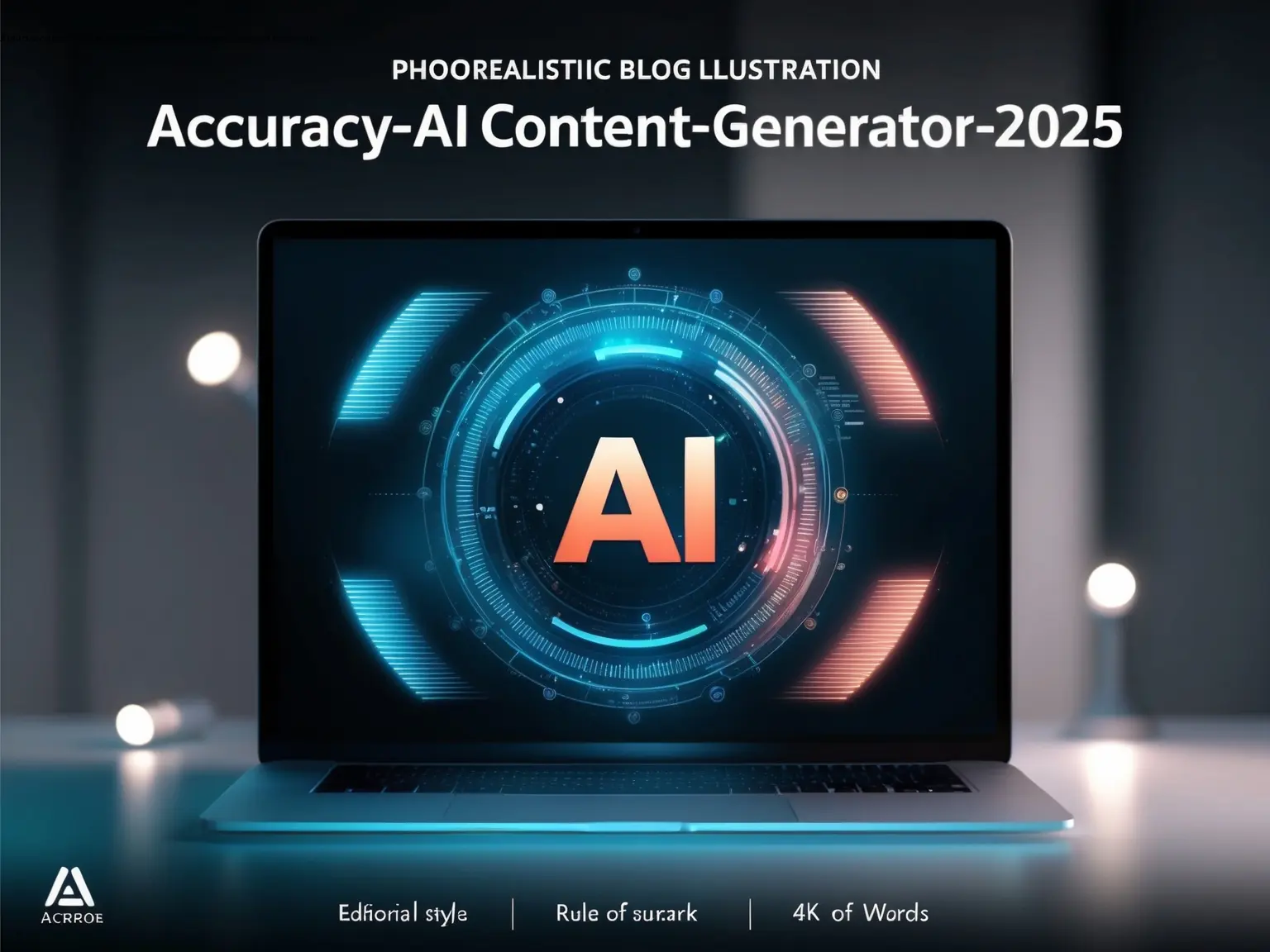
Looking ahead, AI content generators will continue improving, but detection tech will probably outpace generation for a while. This means the cat-and-mouse game isn't slowing down.
New models might produce more "human-like" text, but AI detectors will evolve to identify even subtle patterns. The challenge will be balancing automation with authenticity.
For businesses, this means investing not just in AI content generator tools but also robust monitoring and human-in-the-loop processes.
From what I gather in the AI customer support world, relying solely on AI is risky. People want clear, trustworthy answers more than just quick ones. AI can help, but human oversight remains essential.
8. Conclusion: Making Sense of AI Content Generators in 2025

AI content generators in 2025 are definitely a game-changer, makin' many tasks quicker and sometimes easier. But they're not perfect — accuracy varies by task and tool, and AI detection tech now spots most generated content easily.
Free AI content generator tools can surprise you in specific areas, especially coding, but premium platforms still win for overall coverage and reliability. Detection tools have also gotten smarter, producing complex challenges for content creators and businesses wanting to stay under the radar.
For anyone using AI-generated content, it's wise to mix technology with human review, test tools thoroughly, and stay informed about detection advances.
At the end of the day, AI content generators are a tool — super useful when you know what they do well and where you gotta watch out for mistakes or detection.
FAQ
